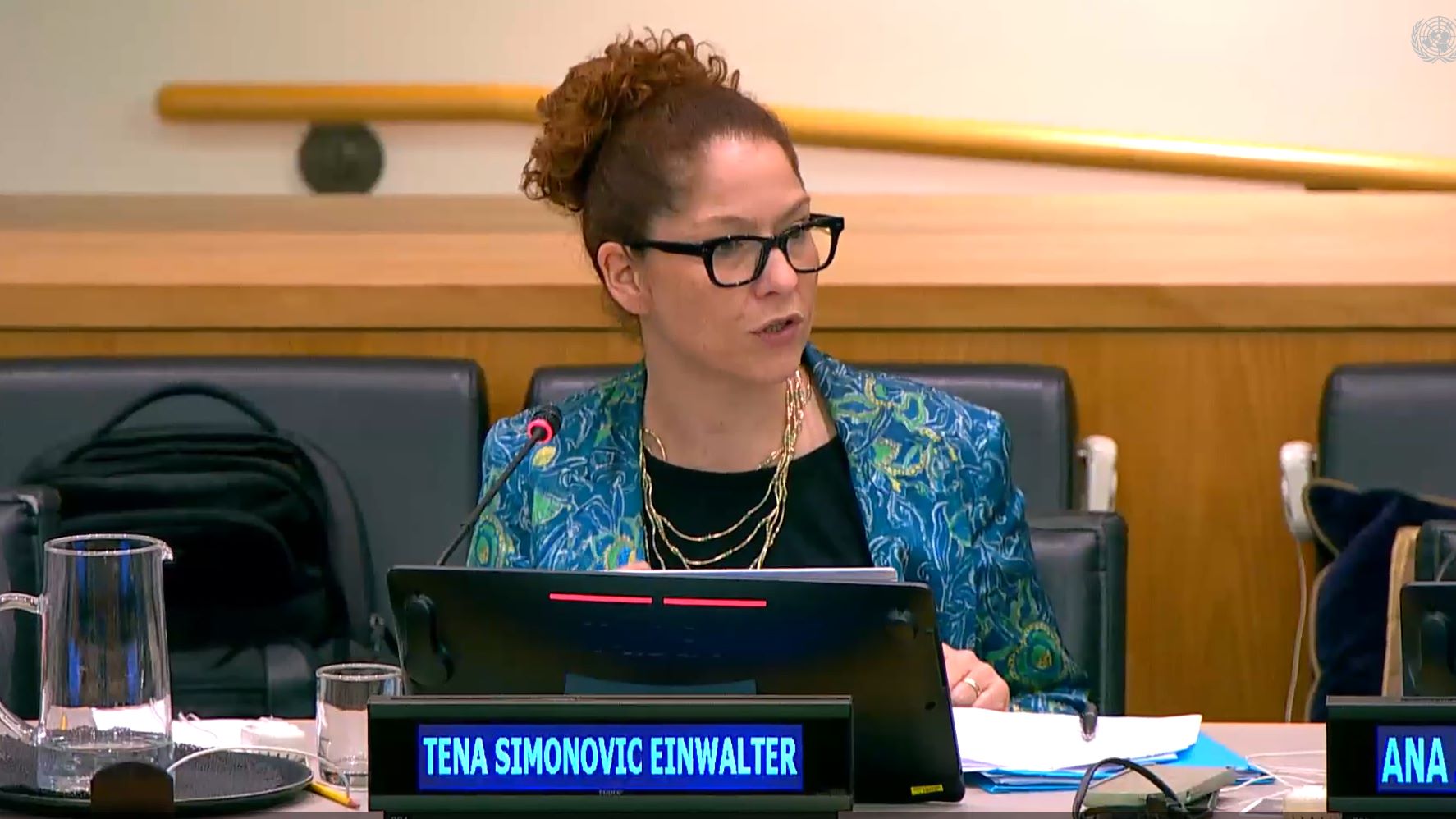The Ombudswoman participated in the 14th and final session of the United Nations Open-Ended Working Group on Ageing (OEWGA), held in May at the United Nations Headquarters. This year’s session focused on two areas: “Accessibility, infrastructure and housing (transport, accommodation, and access)” and “Participation in public life and decision-making processes.”
The human rights of older persons are one of the priorities in the work of the Ombudswoman, both through the mandate of the national human rights institution and the mandate of the equality body responsible for combating age discrimination in Croatia. In this context, the institution works to protect and promote the human rights of older persons in Croatia through complaints handling and proceedings commenced on one’s own initiative, visits to residential care facilities for older persons, legislative initiatives—such as the one aimed at preventing the abuse of life annuity and maintenance contracts—and by identifying issues affecting older persons and formulating recommendations for necessary systemic changes in the Annual Report submitted by the Ombudswoman to the Croatian Parliament.
Since its establishment by a UN General Assembly resolution in 2010, the OEWG on Ageing has been dedicated to reviewing the existing international framework for the human rights of older persons with the goal of identifying current gaps and finding effective ways to address them. At the global level, there is no international convention specifically focused on the rights of older persons. Reaching consensus among states on the need for such a convention, as well as on its potential content regarding the rights of older persons, remains a challenge.
At the OEWGA session, the Ombudswoman, as head of the national human rights institution, expressed support for the adoption of a convention on the rights of older persons, emphasizing its importance for enhancing the protection of their human rights and for sending a clear message about the significance of focusing on this social group. In her intervention on the topic of participation in public life and decision-making processes, she particularly highlighted the various stereotypes and prejudices present in public discourse regarding older persons, the importance of visibility of older persons and their issues and rights in the public sphere, as well as the role of civil society organizations working on the rights of older persons.
The Ombudswoman also delivered a presentation during a separate discussion titled “The Role of the European Union as a Global Human Rights Actor: What About Promoting Human Rights in Older Age?”, co-organized by the German National Association of Senior Citizens’ Organizations (BAGSO), AGE Platform Europe, and the Permanent Mission of the Federal Republic of Germany to the UN.
Participants discussed how the EU promotes the human rights of older persons internally and its potential role as a global actor in advancing these rights. Ombudswoman Šimonović Einwalter emphasized that population ageing has many implications for both individuals and society as a whole. Given the various human rights violations and discrimination faced by older persons, she expressed hope that the EU would actively support concrete next steps toward the adoption of a legally binding multilateral instrument at the UN level—a Convention on the Rights of Older Persons, with a specific focus on older persons as a social group, taking into account an intersectional approach, including the rights and needs of, for example, older persons with disabilities and older women.
More information on the rights of older persons in Croatia can be found in the 2023 Annual Report of the Ombudswoman.





